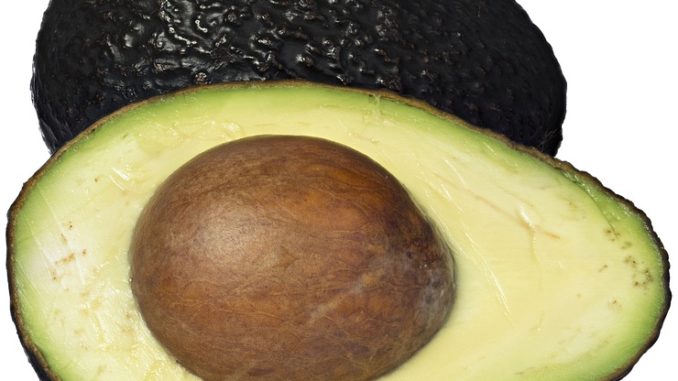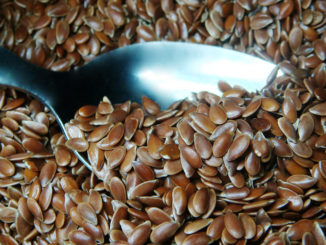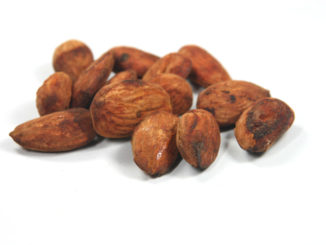
Avocados have a creamy texture and a pleasing taste that is naturally appealing. In addition to the satisfying flavour of an avocado, they also provide a number of phytochemicals and nutrients that are necessary for proper development early in life as well as beyond.
Avocados provide nutrients that have been linked to disease and early aging prevention, such as beta-sitosterol, monounsaturated fat, folate and lutein. Best of all avocados are effective in helping you lose the extra pounds and maintain a healthy weight.
It is no secret that avocados are high in fat, earning the nickname “butter pear”. One medium avocado can contain as much as thirty grams of fat, which is the same as a quarter pound hamburger. That is the primary reason that many experts urge dieters to go a little easy on the avocados, and opt for the fruits and vegetables that are less fatty.
Avocados are high in monounsaturated fat
However, now more and more nutritionists are taking the time to look one more time at this food and are discovering that the fat in avocados is in fact good, monounsaturated fat, which actually helps to lower cholesterol levels. Now, people are actually being encouraged to eat more avocados.
Avocados reduced blood cholesterol by twenty percent
It was not until a study was conducted in 1996 by the Instituto Mexicano del Seguro Social of Mexico that people began seeing the many health benefits that come from eating avocados as part of a regular balanced daily diet. Forty-five people volunteered to eat avocados every single day for a total of one week.
The participants experienced an average reduction in total blood cholesterol of close to twenty percent. The change in the cholesterol was a healthy one because the low-density lipoprotein, or “bad”cholesterol and triglycerides that went down.
This is great news because both are linked to heart disease. In addition, this research also concluded that eating avocados also raised the high-density lipoprotein levels, which reduce the risk for heart disease.
Avocados – best serving size
Remember, however, that avocados do contain higher amounts of fats than many of the other fruits and vegetables that we eat. Therefore, it is important to remember to eat sensibly in moderation. The recommended serving size for avocados is two tablespoons, which is equivalent to about one-sixth of an average medium avocado.
Each of these servings contains only fifty-five calories and five grams of fat. When you compare avocados to mayonnaise or butter, which contains as much as two hundred calories and twenty-two grams of fat, avocados seem like the obvious choice.
When shopping for avocados to include in your regular diet, check with your local grocery stores and farmer’s markets. If the avocado is firm when you purchase it, simply drop it in a paper sack and wait a day or two until they dent when gently squeezed.




Be the first to comment